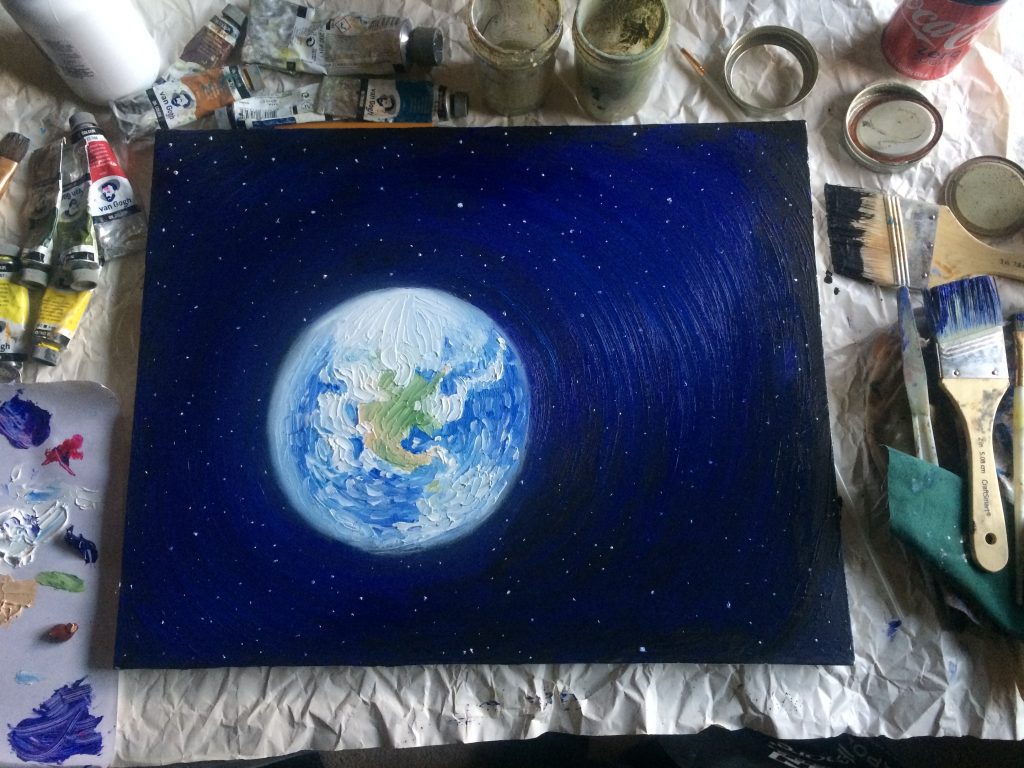Do you want to live forever?
No? Okay, let me phrase it another way. Do you want to live tomorrow?
Most people answer yes to this second question, even if they said no to the first. (If you didn’t say yes to the second, that’s typically called suicidal ideation, and there are hotlines for that.)
This doesn’t quite make sense to me. If I came to you tomorrow, and I asked the same question, “Do you want to live tomorrow?”, you’d probably still say yes; likewise with the day after that, and the day after that, and the day after that. Under normal circumstances, you’ll probably keep saying yes to that question forever. So why don’t you want to live forever?
Maybe, you think that the question “do you want to live forever” implies “do you want to be completely incapable of dying, and also, do you want to be the only immortal person around”. Not being able to die, ever, could be kind of sucky, especially if you continued to age. (There was a Greek myth about that.) Further, being the only person among those you care about who can’t die would also suck, since you’d witness the inevitable end of every meaningful relationship you had.
But these sorts of arbitrary constraints are the realm of fiction. First, if a scientist invented immortality, there would be no justifiable reason that it wouldn’t be as available to those you care about as it would be to you. Second, it’s a heck of a lot easier to just stop people from aging than it is to altogether make a human completely impervious to anything which might be lethal. When I say “yes” to “do you want to live forever”, it’s induction on the positive integers, not a specific vision whose desire spans infinity.
Even after I’ve made sure we’re on the same page as to what exactly real immortality might look like, some people still aren’t convinced it would be a good idea. A decent amount of the arguments are some variant on “death gives meaning to life”.
To this, I’ll borrow Eliezer Yudkowsky’s allegory: if everybody got hit on the head with a truncheon once a week, soon enough people would start coming up with all sorts of benefits associated with it, like, it makes your head stronger, or it makes you appreciate the days you’re not getting hit with a truncheon. But if I took a given person who was not being hit on the head with a truncheon every week, and asked them if they’d like to start, for all these amazing benefits, I think they’d say no. Wouldn’t you?
People make a virtue of necessity. They’d accept getting hit on the head with a truncheon once a week, just as they now accept the gradual process of becoming more and more unable to do things they enjoy, being in pain more often than not, and eventually ceasing to exist entirely. That doesn’t make it a good thing, it just demonstrates peoples’ capacity for cognitive dissonance.
These are the reasons I’ve made it my goal to cure mortality. The motivation is extremely similar to anyone’s motivation to cure any deadly disease. Senescence is a terminal illness, which I would like to cure.
It disrupts the natural order, but so does curing any other disease. Cholera was the natural order for thousands of years, but we’ve since decided it’s bad, and nowadays nobody is considering the idea of mixing sewage with drinking water to bring it back. There were tons of diseases that were part of the natural order right up until we eradicated them. We don’t seem to have any trouble, as a society, deciding that cancer is bad. But death itself—the very thing we’re trying to prevent by curing all these diseases—is somehow not okay to attack directly.
Here’s the bottom line. I know for a fact I’m not the only one with this goal. Some of the people at MIRI come to mind, as well as João Pedro de Magalhães. I’d personally love to contribute to any of these causes. If you know someone, or are someone, who’s working towards this goal, I’d love to join you.
